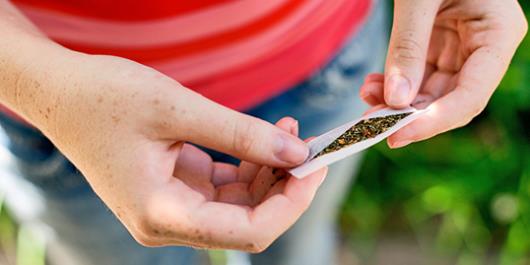1942-7611/asset/olalertbanner.jpg?v=1&s=4b27d6a6bed6b58a9935efe70e4f95efc39146bd)
“Cannabis was extensively used as a medicine throughout the developed world in the nineteenth century but went into decline early in the twentieth century ahead of its emergence as the most widely used illicit recreational drug later that century. Recent advances in cannabinoid pharmacology alongside the discovery of the endocannabinoid system (ECS) have re-ignited interest in cannabis-based medicines.
The ECS has emerged as an important physiological system and plausible target for new medicines. Its receptors and endogenous ligands play a vital modulatory role in diverse functions including immune response, food intake, cognition, emotion, perception, behavioural reinforcement, motor co-ordination, body temperature, wake/sleep cycle, bone formation and resorption, and various aspects of hormonal control. In disease it may act as part of the physiological response or as a component of the underlying pathology.
In the forefront of clinical research are the cannabinoids delta-9-tetrahydrocannabinol and cannabidiol, and their contrasting pharmacology will be briefly outlined. The therapeutic potential and possible risks of drugs that inhibit the ECS will also be considered. This paper will then go on to review clinical research exploring the potential of cannabinoid medicines in the following indications: symptomatic relief in multiple sclerosis, chronic neuropathic pain, intractable nausea and vomiting, loss of appetite and weight in the context of cancer or AIDS, psychosis, epilepsy, addiction, and metabolic disorders.”
http://www.ncbi.nlm.nih.gov/pubmed/24006213
http://onlinelibrary.wiley.com/doi/10.1002/dta.1529/abstract



